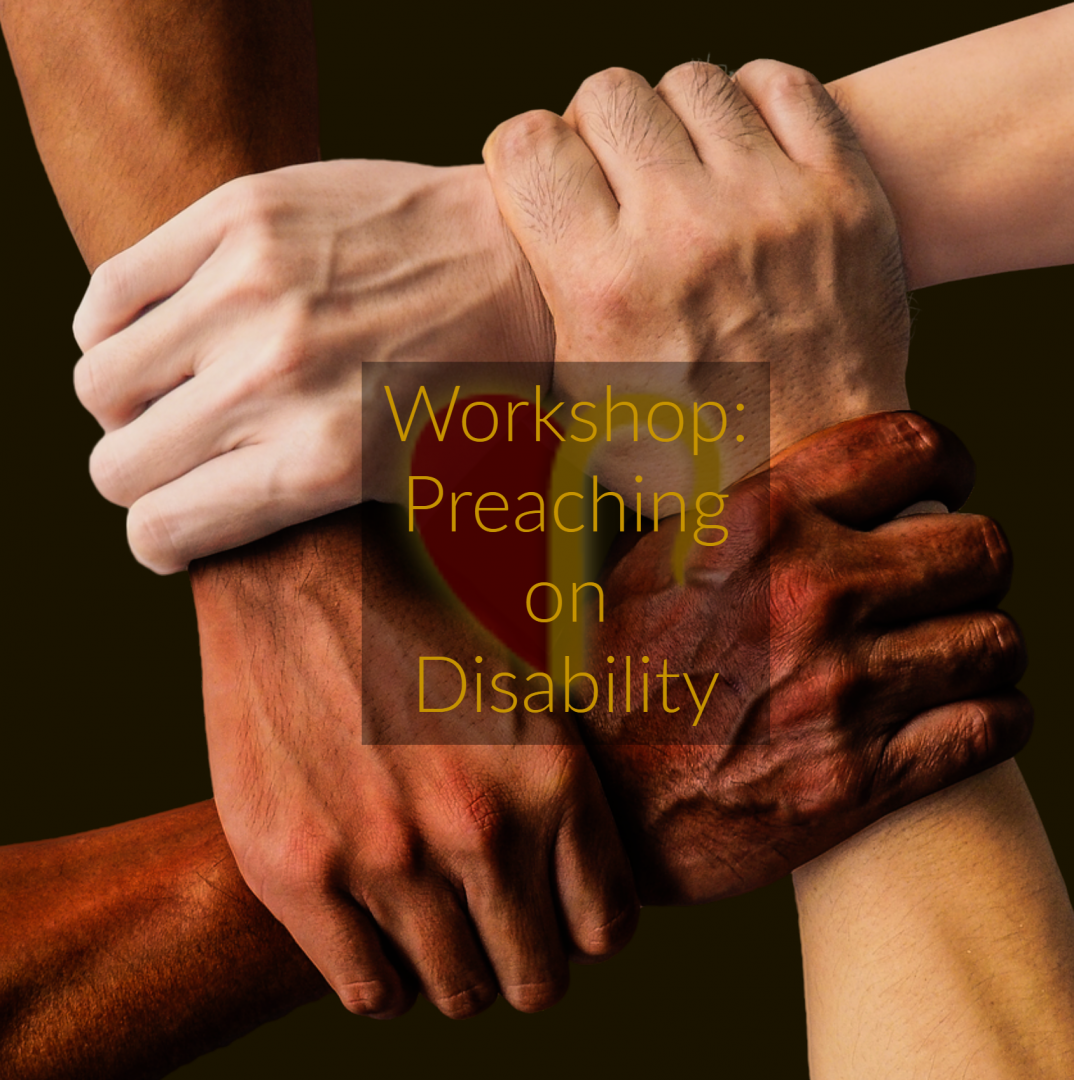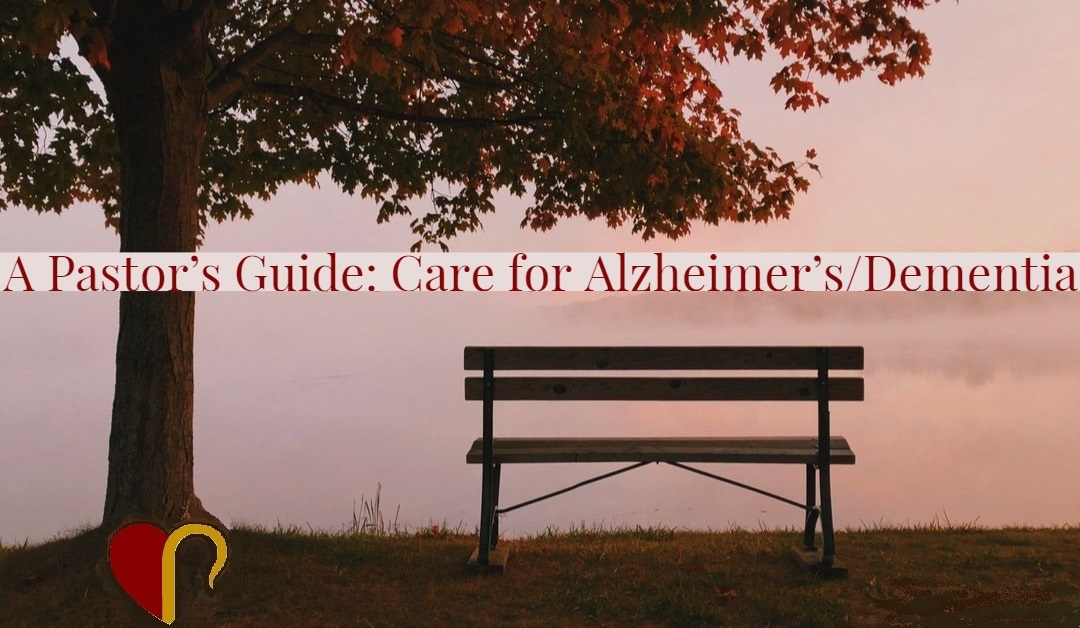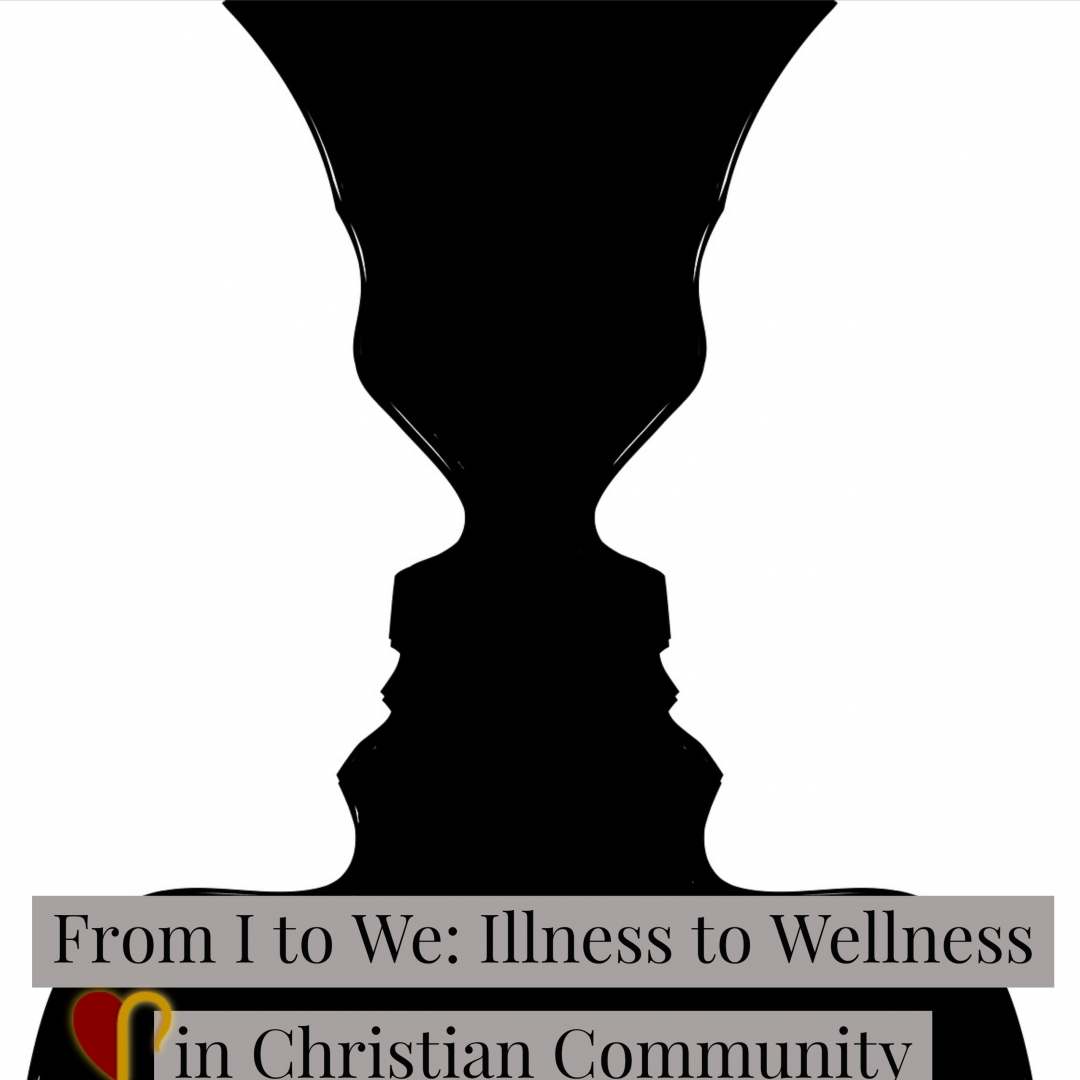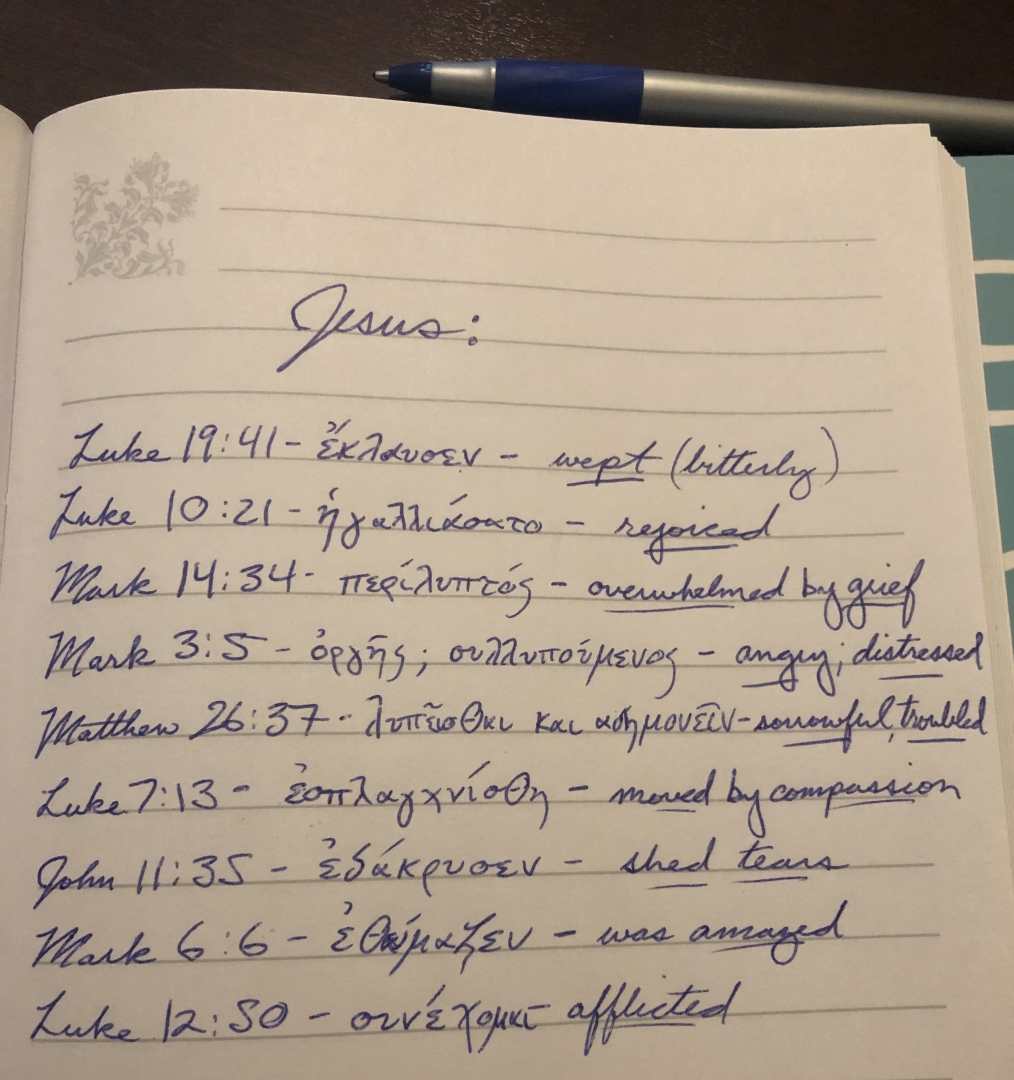 To ring in the New Year, Shepherd Heart is honored to share with you ten words of wisdom from our friend, David Augsburger:
To ring in the New Year, Shepherd Heart is honored to share with you ten words of wisdom from our friend, David Augsburger:
“When Disappointed with how the Ministry is going . . .”
- Slow down, back up and give care to the whole. The whole is more than the sum of its parts. The church is more than an aggregate of its members. Care for the whole body requires understanding the system as a whole—how it functions and dysfunctions. The pastor must join with the system, adjust to becoming part of how it functions, yet be able to stand outside it, look from the balcony and see it as a whole.
- Reach down, care for the connections. Systems function as if they were living persons—protecting their own interests, safety and survival. They act through a web of connections that are interrelated, interdependent, constantly interacting. Cultivate these connections by supporting healthy interdependence among members that does not foster mindless compliance (dependence) or defiance (autonomy). Build unity that does not require a sacrifice of individuality. Facilitate the twin needs “to be me’ and “to be we.” Process is as important as persons because process protects the importance of people; being hard on process allows one to be soft on people.
- Reach out, care for basic social needs. The three basic social needs persons are: inclusion (am I in?) control (do I count?) and affection (am I liked?). Inclusion gets people involved, shared control gives them a piece of the action, affection celebrates solidarity and the rewards of belonging. Do them in that order, ICA. These take time and things can be done more quickly with less inclusion, centralized control, paternal affection, but it boomerangs and takes more time in the end to recover, recoup, rebuild.
- Open closed things to nurture a healthy congregational culture. Every group possesses a complex culture of a) formal, b) informal, c) tacit rules, roles, rituals, roots, reasons for being. These three levels of cultural contracts connect and protect members, help them maintain internal and external boundaries. The formal contracts are legislated, published and largely ignored; the informal contracts guide our daily functioning; the tacit are denied and largely unconscious but they shape our most intimate and important relationships. We invite growth by bringing the non-conscious into consciousness and as we very gently identify the congregational system’s family secrets, rivalries, collusions and competitions; we name the patterns of punishing , blaming, scapegoating, blocking, sidetracking, precipitating decisions.
- Care for the change process. Groups evolve, adjust, change when they discover that something new is possible, that change is inevitable, that survival demands adjustment. Stimulate change slowly, gently, indirectly. Resistance to change is totally normal so movement is subtle and incremental if it is to be transformative. Adding drives for good behavior is usually self defeating, adding restraints against bad behavior invariably boomerangs in self destructive ways. We assist change by taking things away not by adding. We reduce the drives for bad behavior, we remove the resistances to good behavior.
- Give support and care for the subsystems. All the connections, collaborative collusions, cooperative ministries need support and nurture. While caring for the total system, do not neglect nourishing the many subsystems that support core groups, families, special interests, particular ministries, institutional tasks—education, liturgy, environment, communications and information for example. Link them horizontally with other groups, vertically with generations, laterally with contrasting ministries, centrally with the ultimate vision and the vital connection to Jesus the head and source of life.
- Set aside sufficient time to take care of yourself. Define yourself, not in self-promotion but in self-clarification, humble self-affirmation, mature differentiation. Take clear “I-positions” with a small but clearly stated “i” that courageously voices your vision. Speak with more coulds than shoulds, more adverbs than adjectives; more verbs than nouns, more being than having, more about risk than trust, more vulnerability than astute wisdom.
- Care for the cut-off, alienated, lonely. Refuse to take sides when invited to triangle, but learn to be a non-triangular third party in healthful triads. Join balanced coalitions without being snookered into alliances with one that make you adversarial with another. Reverse old triangles to stimulate change and growth; ignore old patterns of alliances and connect people in new ways whenever possible. Do not get seduced into partisan positions that cut you off from others or take sides with those clinging, colluding, controlling, troubled persons who seek to enlist you against others
- Keep clean boundaries inside, open boundaries to the outside. Don’t talk about them, live them. Healthy groups maintain clear boundaries within—safe boundaries between persons, roles and key functions and permeable boundaries without—open welcoming attitudes that allow a free flowing interactions with the wider world. Firm boundaries within define process, protect people, share authority-power-resources justly; open external boundaries invite active interaction with other communities.
- Above all, clarify and care for the center. The healthy church is a focused, centered group, not a walled, bounded group. Strengthen, clarify, lift up the central commitments. Know that the church is in greater hands than yours, in very good hands, the hands of Jesus Christ. Connect all that you do to the head of the church in joyful, playful, faithful, missional, relational spirituality that sees the face of Christ in each face you meet. Look after the souls of all involved.
David Augsburger is an author of twenty books, two bestsellers of over a half million each, and a Senior Professor of Pastoral Theology at Fuller Theological Seminary. A chocolatier, sculptor, musician, and retired therapist. “He is more fun than the average Mennonite Minister,” his wife says.
David notes that his reflections are indebted to Murray Bowen, Edwin Friedmann, Paul Stevens and Phil Collins, William Schutz, Paul Hiebert. (And Shepherd Heart is indebted to David Augsburger. ![]() )
)
Current/Upcoming Ministries & Events:




















